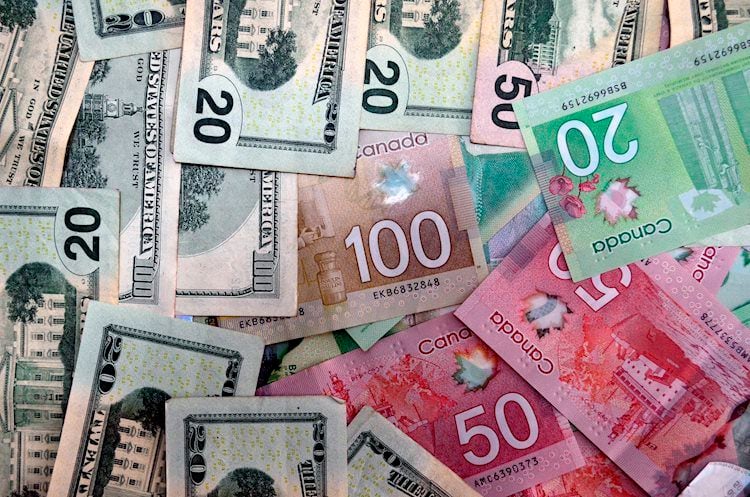The morning after a night of drinking is never fun if you have a hangover. For most people, a hangover involves a headache, fatigue, thirst, or nausea. But some people also report experiencing feelings of anxiety during a hangover.
According to some estimates, anxiety during a hangover affects around 12% of people and can vary in severity depending on the person.
As the body recovers from a night of drinking, a hangover creates a state of physiological stress. Generally speaking, physiological stress happens when the body is under pressure – such as from illness or injury. With a hangover it works the same way. Not only does it cause changes in our immune system, it also increases levels of cortisol (often called the “stress hormone”), blood pressure and heart rate – changes that also happen with anxiety.
The brain also experiences changes. Research shows that brain activity involving dopamine (a type of neurotransmitter) is lower during a hangover. This is important as dopamine plays an important role in regulating anxiety. The increased stress during a hangover can also make it difficult for someone to deal with any additional stress that may happen over the course of the period.
Interestingly, stress and sleep deprivation combined (reflecting aspects of a hangover) can lead to declines in mood and cognitive function (including attention and memory). Fatigue, stress, and other unpleasant hangover symptoms can also make it difficult to manage daily tasks. For example, someone with a hangover may be too preoccupied with managing their feelings of nausea, headache, or fatigue to be able to effectively deal with anxious thoughts.
Our own research has shown that people experience a negative shift in their emotions during a hangover. Many also reported feeling they had more trouble regulating their emotions compared to when they weren’t hungover. In other words, people feel bad during a hangover and find it hard to pull themselves together.
But when we asked participants to actually regulate their emotions on a computer task, they were able to regulate them in the same way they did when they weren’t hungover — but with the need for more effort. We did this by showing participants pictures that evoked various emotions (including positive or negative emotions), but we asked them to experience the emotions without expressing them externally.
Having greater difficulty regulating emotions during a hangover may also explain why some people experience anxiety.
In another study, our team looked at how hangovers influence executive functions (mental skills that are important for many aspects of our daily lives, including working memory, flexible thinking, and self-control). Participants were given a series of tasks that tested these mental abilities, such as remembering a series of letters and recalling them when asked.
We found that people who were hungover performed worse on key aspects of executive functions. Executive functions help people deal with anxiety and inhibit anxious thoughts. If these mental abilities are weaker during a hangover, this could help explain why some people struggle with anxiety.
Feeling anxious?
But why do some people feel anxiety while others don’t?
Pain is a part of almost every hangover — whether it’s a headache or muscle aches. But research shows that people who “catastrophize” pain (a tendency to exaggerate pain or expect the worst) are more likely to experience anxiety. Research also shows that this group is more likely to experience severe hangovers. This may explain why some people experience anxiety while others don’t.
People who tend to experience anxiety in general may also be particularly susceptible to anxiety. Negative life events, depression or anger when drinking, guilt about drinking, and even certain personality traits (such as neuroticism) are also linked to mood swings during a hangover. “Hangover anxiety” has been reported to be higher in people who say they are very shy and may be linked to alcohol use disorder symptoms.
Combined, these factors highlight why anxiety can affect people differently and why it’s a part of hangovers worth taking seriously. Mood swings during a hangover are not only unpleasant, but can even be linked to problem drinking, increased conflict with others, and reduced productivity at work.
If you are someone who suffers from anxiety, the same techniques that help with anxiety will also be helpful. This can include meditation, mindfulness practice, and general self-care. Planning ahead of a night out to have the next day free to recover and avoid other stressors (such as work or family problems) can also help you deal with additional psychological stress.
For some, a hangover can even be used as a bonding exercise where people can discuss their previous night of drinking with friends and even deal with feelings of anxiety together.
Of course, the best way to avoid anxiety is to avoid drinking — or at least drinking in moderation.
Craig Gunn is Professor of Psychological Sciences at the University of Bristol.
Source: CNN Brasil






